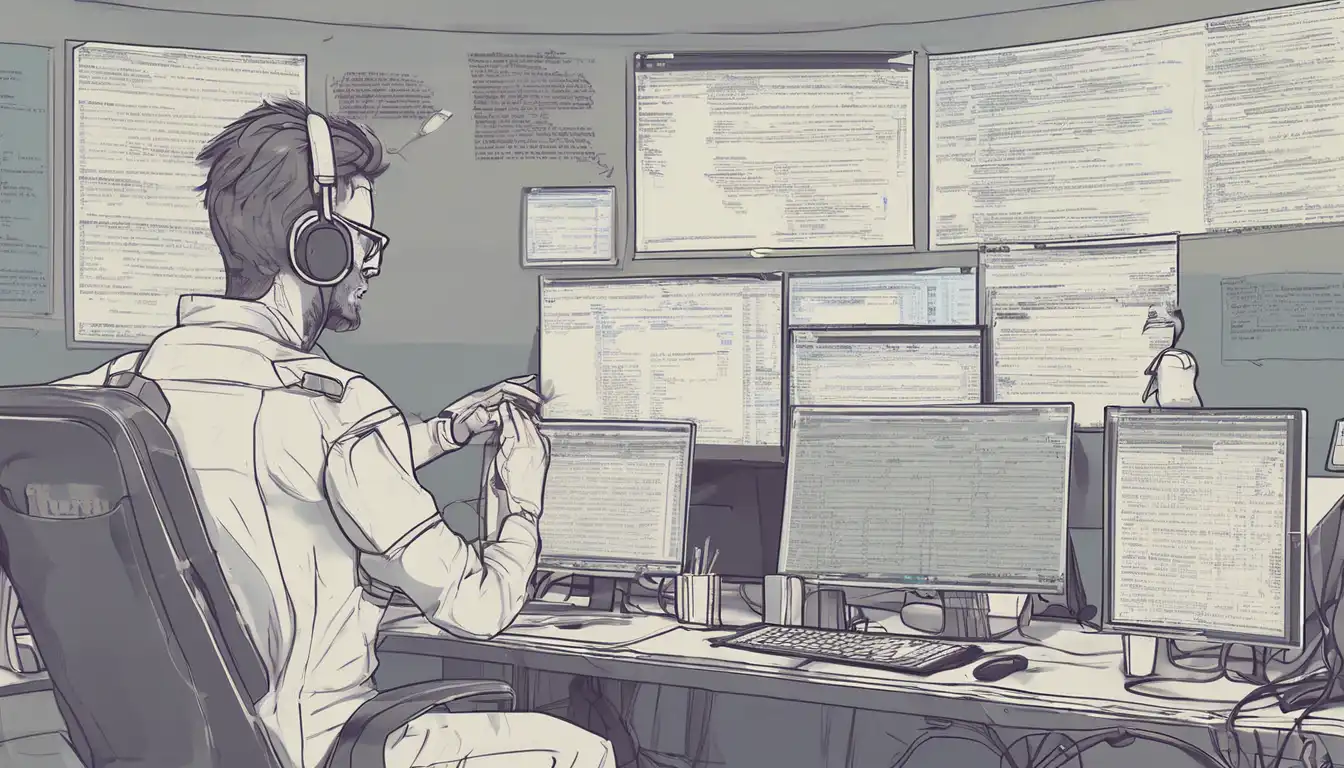Introduction to Professional Code Debugging
Debugging is an essential skill for any programmer, yet many struggle with it. This guide will walk you through the professional techniques to identify, isolate, and fix bugs in your code efficiently.
Understanding the Debugging Process
Before diving into tools and techniques, it's crucial to understand the debugging process. It involves identifying the bug, isolating its source, fixing the issue, and then testing to ensure the fix works without introducing new problems.
Essential Debugging Tools
Modern IDEs and text editors come equipped with powerful debugging tools. Familiarize yourself with features like breakpoints, step execution, and variable inspection. Tools such as Git can also help track down when a bug was introduced.
Strategies for Efficient Debugging
- Divide and Conquer: Narrow down the problem by isolating sections of your code.
- Use Logging: Insert log statements to track the flow of execution and variable states.
- Reproduce the Bug: Consistently reproducing the bug is half the battle won.
- Check Recent Changes: Often, bugs are introduced in the latest changes. Review them carefully.
Common Pitfalls to Avoid
Debugging can be frustrating, but avoid these common mistakes: not taking breaks, ignoring the error messages, and making random changes hoping something works.
Advanced Techniques
For more complex issues, consider techniques like rubber duck debugging, where you explain your code line by line to an inanimate object, or using a debugger to step through your code execution.
Conclusion
Debugging is a skill that improves with practice. By adopting a systematic approach and leveraging the right tools, you can debug your code like a pro. Remember, every bug you fix makes you a better developer.
For more insights into becoming a proficient developer, check out our software development best practices guide.
